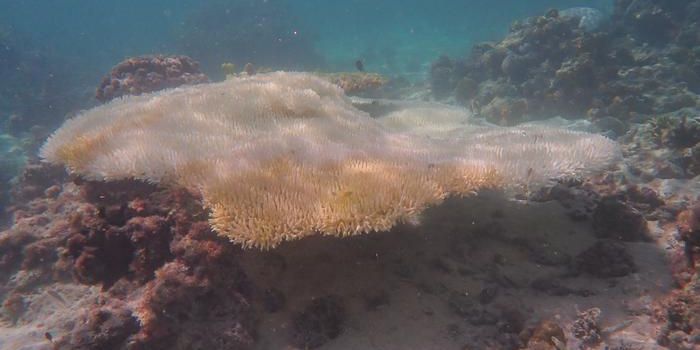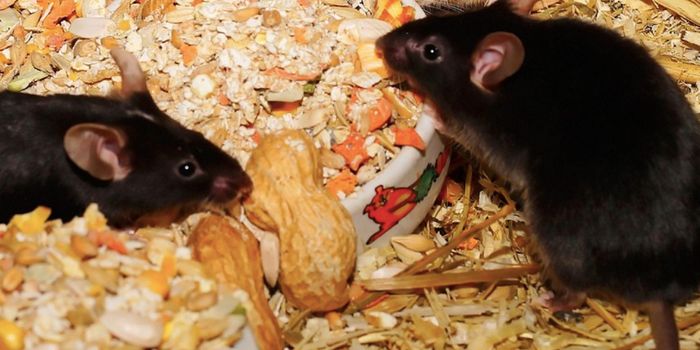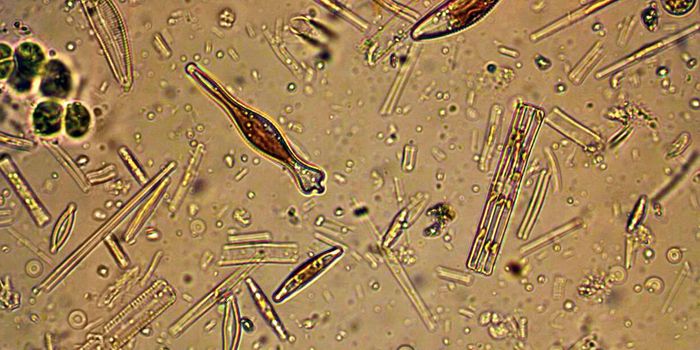First Lion Cubs Born Via Artificial Insemination Prove Healthy
At first glance, these two South African lion cubs probably look exactly like any other pair of South African lion cubs would; however, looks can be deceiving. These lion cubs are much different from what most would call ‘the usual.’
Image Credit: AFP via Independent
As it would seem, these particular lion cubs are the byproduct of an artificial insemination experiment conducted by scientists at the University of Pretoria in South Africa, and they’re being touted as the “world’s first” pair of lion cubs ever conceived in this manner.
The two lion cubs, one a male and the other a female, were born on August 25th and are perfectly healthy just over a month after birth. The animal experts who are currently caring for the lion cubs have named them Viktor and Isabel respectively.
Artificial insemination isn’t a new concept by any stretch, but scientists in the field have spent a lot of time fine-tuning the process for optimal results. In this particular case, the researchers spent at least 18 months tweaking their technique.
After the team collected sperm samples from a healthy male lion, they happened upon another challenge: waiting until the female lion was ready for insemination. They gauged her hormone levels for some time until they reached peak levels, and once satisfied, they moved forward with the procedure.
"We collected sperm from a healthy lion," explained professor Andre Ganswindt from the University of Pretoria’s Mammal Research Institute. "And luckily it was successful. There were several attempts, but surprisingly it didn't take too much effort."
Related: An attempt to save the rare Sumatran rhino
It's impossible to ignore the importance of such an accomplishment; many large cats have made their way to the endangered species list in the face of illegal hunting and habitat loss, among other factors. Natural reproduction can’t keep up, and so the researchers are optimistic that mastering artificial insemination could help with conservation efforts.
"There are tremendous threats to wildlife due to the loss of habitat and anthropogenic pressures which also affect big cats," Ganswindt added. "That is why a number of species are listed as vulnerable or endangered, but this research could combat the threat of extinction facing several types of big cat around the world."
So far, the results look promising. Additional research encompassing artificial insemination in animals could expand its usefulness and validate its effectiveness in other species that need population boosts.
Source: Independent, Phys.org









